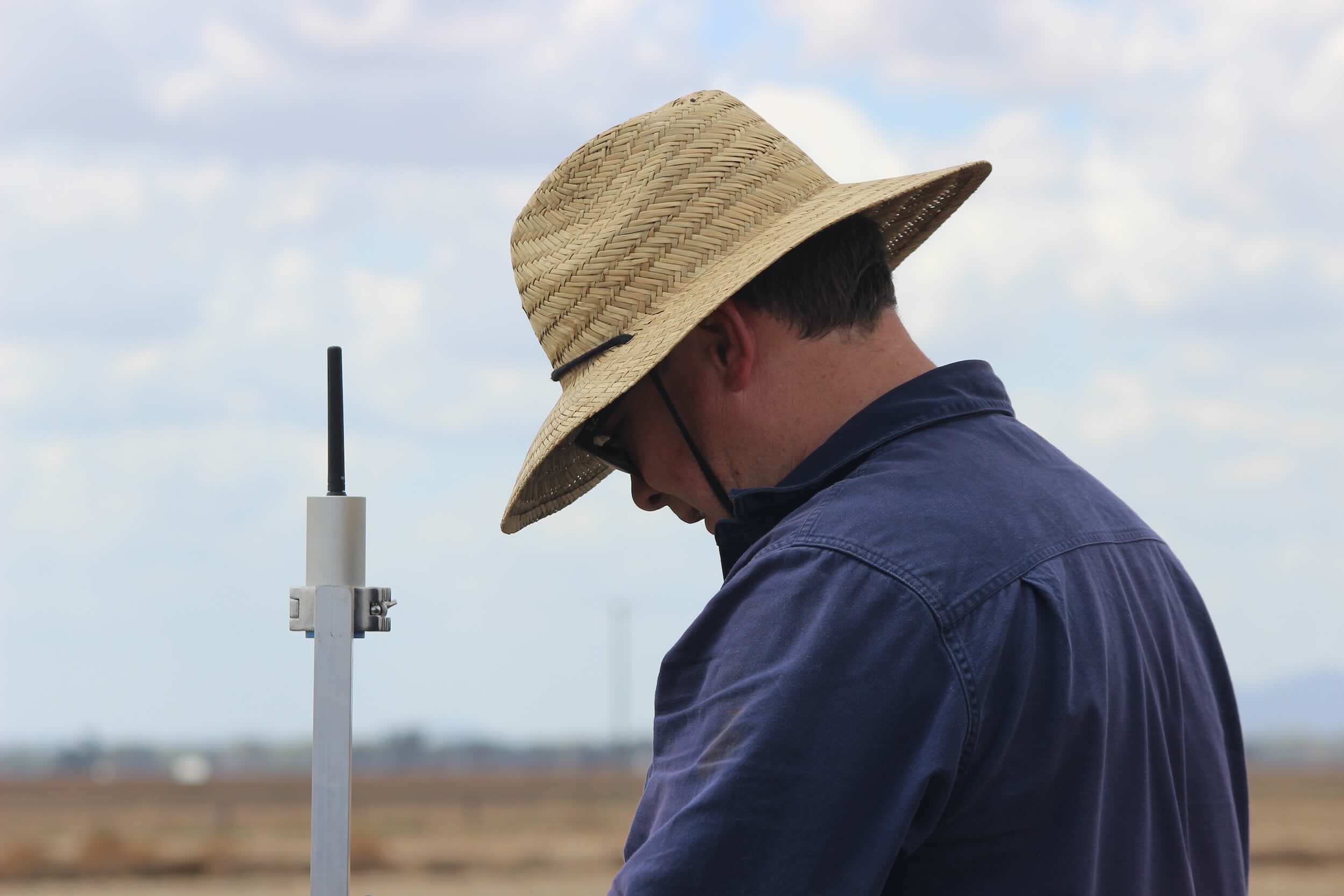As we head into the busy summer cropping season, it’s the perfect time to give your sensors and systems a quick tune-up. A little preparation now helps ensure your INCYT deployment runs in peak condition—delivering accurate insights, smooth irrigation, and reliable reporting when you need it most.

The Agtech Revolution Episode 3
Adoption of IoT Solutions is the focus of the latest episode in the AgTech Revolution series. Internet of things (IoT) solutions are helping farmers maximise their productivity on farm and the benefits of this technology are being explored in episode three of the AgTech Revolution.
"The simplest way to think about the Internet of things is sensors that are connected to the internet, (for example) if I have something measuring soil moisture or how much water is in my trough, and that data is then being relayed back to my computer, using the internet as a medium for transfer," Deloitte partner, consulting, climate and engineering Ben van Delden said.
Featuring in episode three are three generations of farmers from near Griffith, NSW. The Pfitzners have been farming in the Griffith area since 1965 and crop wheat, barley, canola, lupins and peas. Grandfather Peter, dad Michael and son Drew use a range of IoT solutions including tank monitoring and moisture probes. "We've had a motto for a long time - that we're farming moisture," Michael said.
"That's what we actually farm. We grow crops, but at the end of the day, we're farming moisture. "As a rule, we're in a marginal area. So it's important that we capture the rainfall, we store it and enable the soil for the crops to actually extract that moisture."
The Pfitzners have been working with INCYT, a company that provides a full ecosystem of connected IoT products to help drive increased profitability and productivity on-farm. INCYT founder Simon Blyth's family comes from a farming background himself. He founded the company to help with common problems on-farm such as water leaks or infrastructure breakdown. "You've got common problems," he said.
"Wherever you've got pumps, pipes, troughs, tanks, irrigation systems, you're going to have issues." By using IoT solutions, farmers can receive an alert if there's a leakage in a pipe or a supply problem. Avoiding spray drift through the use of weather stations is another major benefit. "We don't want to impact on neighbouring properties," Michael said.
"If we're talking inversion and talking spraying, drift can actually travel kilometres. We don't want our chemicals to go anywhere else but the target that we were trying to get. "Technology gives us more tools, more information to be able to make better decisions."




%201.avif)
